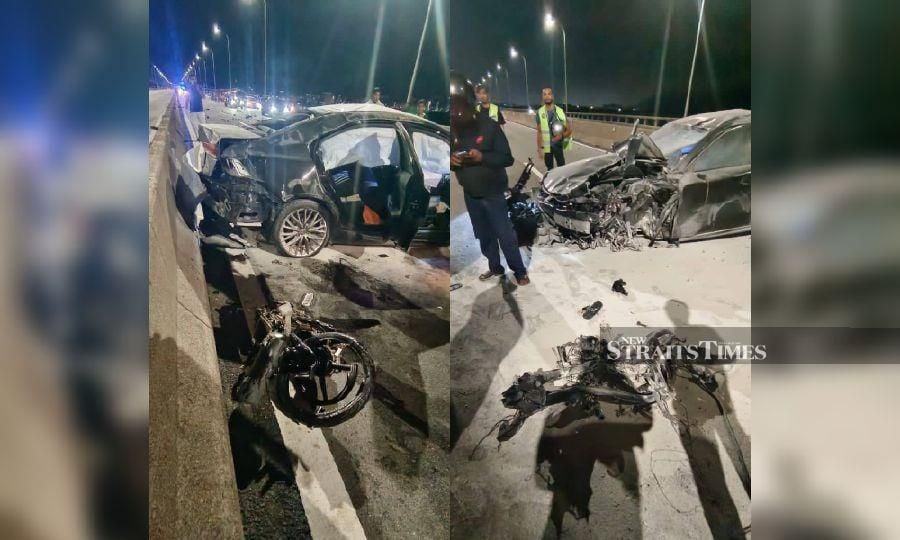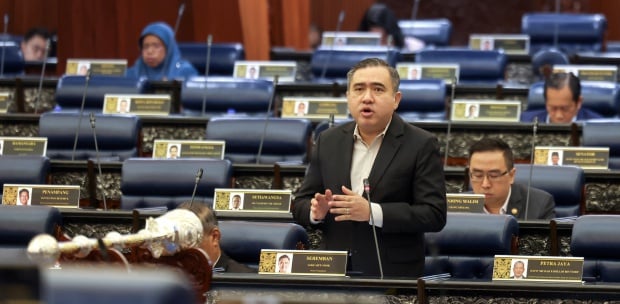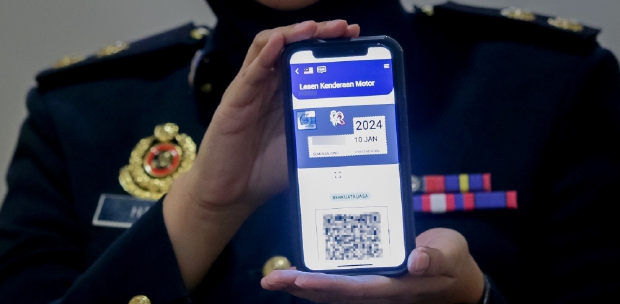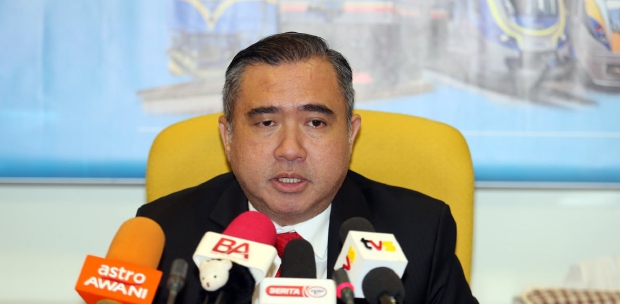IT is a rite of passage that goes back generations: pubescent males unable to resist raging testosterone and the temptation to commandeer their parents' car for the thrill of a joyride.
These teenagers are almost always unlicensed, though at 16 and 17 years of age, they are legally entitled to apply for motorcycle and driver's licences, respectively.
While most parents oblige a stint at driving schools, many teenagers succumb to impulsiveness: who needs the process of driving school training when they can "self-teach"?
Admittedly, riding and driving are relatively easy, provided there's time, space and a secret opportunity to experiment. With each day of self-taught experience, the teenager's confidence and skill grow, enough to venture out of his confining suburb and into the "wild" side of a big city. We understand: the excitement of negotiating a sharp bend and "burning rubber" to the exhilaration of high speed gnaws internally — until that "inexperience" leads to an accident.
Like the 16-year-old unlicensed driver who rear-ended a lorry on the Penang Bridge on Nov 11, causing a crash that killed a motorcyclist and his female pillion rider. And what about that plucky 11-year-old who stunningly drove on the Jalan Banting-Pandamaran highway to impress friends, until police detained him and the car's owner, his father, for public endangerment and parental negligence?
While the Penang Bridge crash was horrifying, we recall decades ago a teenager who took his parents' car in the dead of night and encountered a police roadblock. Panicking, the boy tried to avert it by speeding away, setting off a high-speed chase. It ended tragically: the cops fatally mistook the boy for a criminal and shot him dead.
And so this ageless rite of passage goes: it could end up harmlessly or fatally, depending on the circumstances of the joyride. But does it need a "detailed" assessment of the Road Transport Act 1987, as asserted by Transport Minister Anthony Loke, in response to the Penang Bridge incident? Or the authorities could despatch the boys to a juvenile centre for years of counselling. Or they could impose a hefty fine on the car owner, in this case the father.
Nonetheless, reinforcing punitive measures to deter unlicensed driving may not address the root of this conundrum — adolescent indiscretion and poor parental control.
Traffic laws can be redesigned to sidestep teenage unlicensed driving, but will it ever diminish the instinctive nature that drives the male teenager to break traffic laws?
Loke, in seeking stronger punitive measures, could try a different tact, one that requires a psychological understanding and counselling of generational teen angst, and temper them into something positive and constructive.





